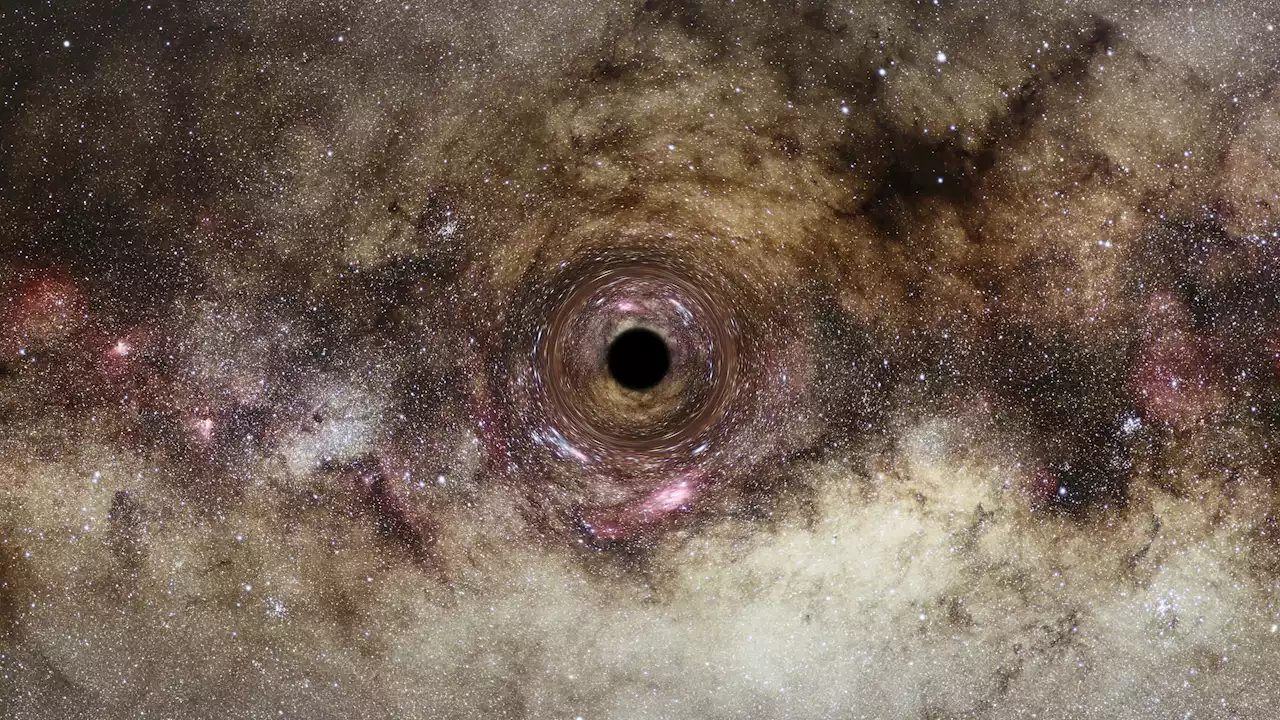A team of astronomers has discovered the largest black hole in the universe, which is over 30 billion times the mass of our Sun.
The team led by Durham University in the United Kingdom, closely examined how light is bent by a black hole inside a galaxy hundreds of millions of light years from Earth.
Supercomputer simulations of an ultramassive black hole revealed that the path taken by the light from the faraway galaxy to reach Earth matched the path seen in real images captured by the Hubble Space Telescope, the Royal Astronomical Society detailed in a“This particular black hole, which is roughly 30 billion times the mass of our Sun, is one of the biggest ever detected and on the upper limit of how large we believe black holes can theoretically become, so it is an extremely exciting...
“Most of the biggest black holes that we know about are in an active state, where matter pulled in close to the black hole heats up and releases energy in the form of light, X-rays, and other radiation," he added. “However, gravitational lensing makes it possible to study inactive black holes, something not currently possible in distant galaxies. This approach could let us detect many more black holes beyond our local universe and reveal how these exotic objects evolved further back in cosmic time.”
Researchers say the discovery opens up the"tantalizing possibility" of astronomers discovering"far more inactive and ultramassive black holes than previously thought," and investigating how they grew so large.
United States Latest News, United States Headlines
Similar News:You can also read news stories similar to this one that we have collected from other news sources.
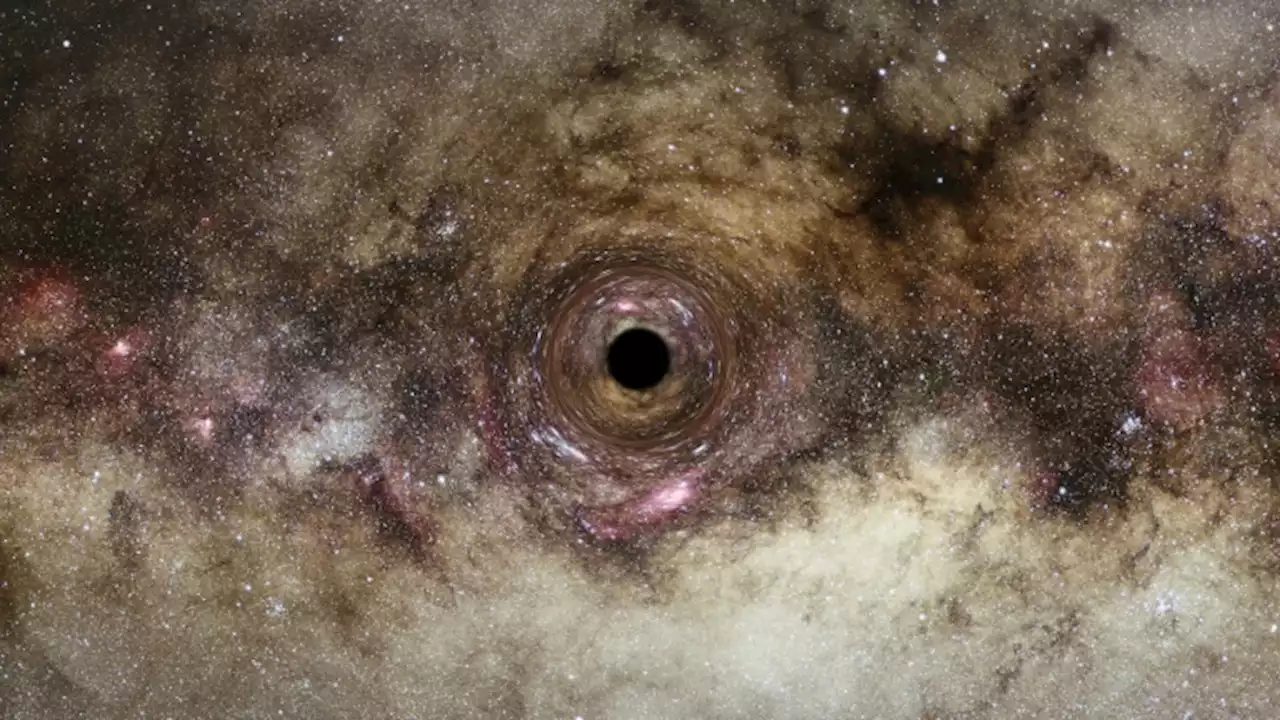 Astronomers discover one of biggest black holes ever recordedOne of the largest black holes ever recorded has been discovered using a new technique that could spot thousands more of the insatiable celestial monsters in the coming years, according to astronomers.It could even be the biggest black hole ever recorded, but it was difficult to say for sure given the varying techniques and uncertainties involved, he added.
Astronomers discover one of biggest black holes ever recordedOne of the largest black holes ever recorded has been discovered using a new technique that could spot thousands more of the insatiable celestial monsters in the coming years, according to astronomers.It could even be the biggest black hole ever recorded, but it was difficult to say for sure given the varying techniques and uncertainties involved, he added.
Read more »
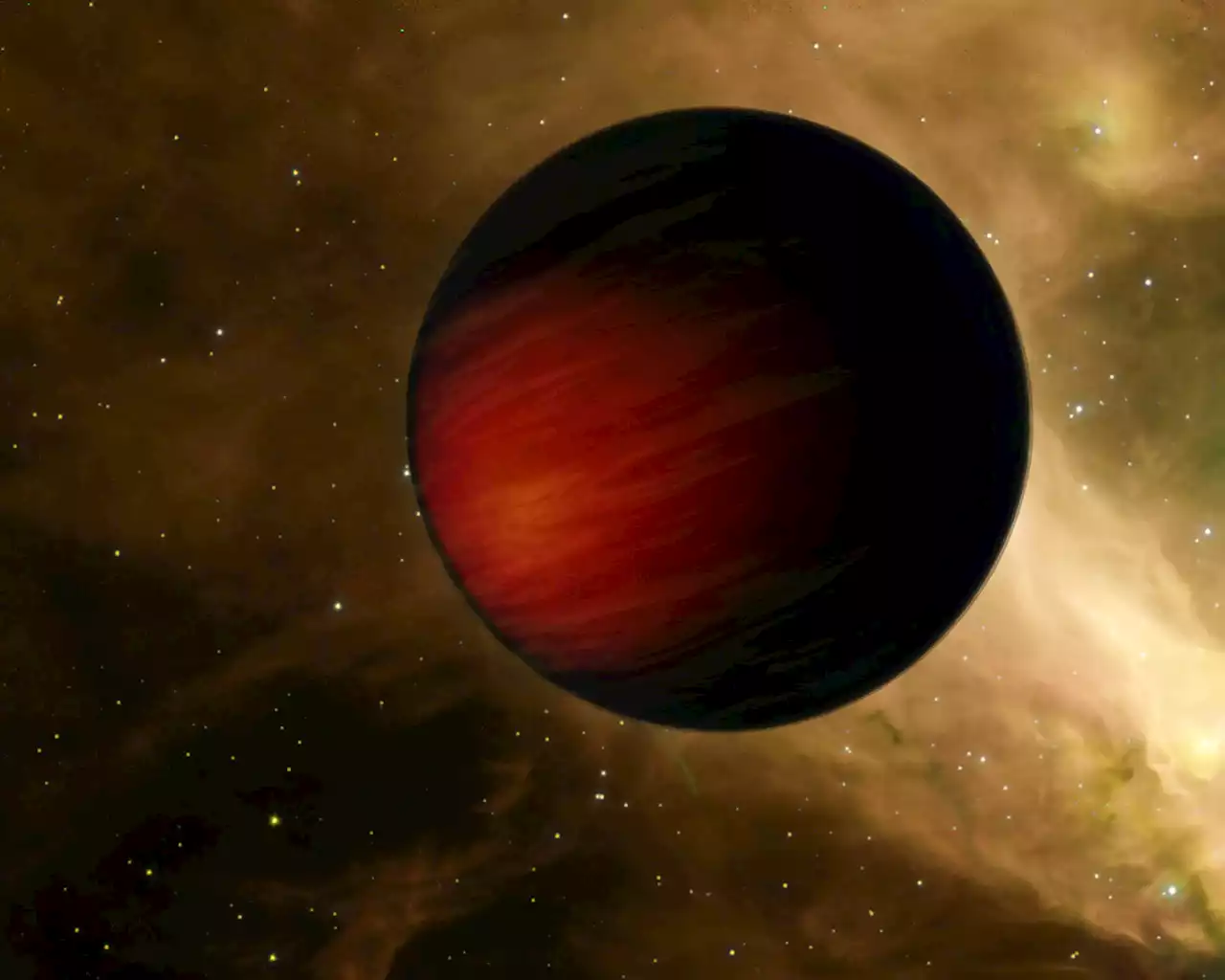 Webb Space Telescope Shocks Astronomers With Surprising Exoplanet Atmospheric CompositionGas giants orbiting our sun show a clear pattern; the more massive the planet, the lower the percentage of “heavy” elements (anything other than hydrogen and helium) in the planet’s atmosphere. But out in the galaxy, the atmospheric compositions of giant planets do not fit the solar system trend, an
Webb Space Telescope Shocks Astronomers With Surprising Exoplanet Atmospheric CompositionGas giants orbiting our sun show a clear pattern; the more massive the planet, the lower the percentage of “heavy” elements (anything other than hydrogen and helium) in the planet’s atmosphere. But out in the galaxy, the atmospheric compositions of giant planets do not fit the solar system trend, an
Read more »
 1st 'Asteroid City' trailer reveals Wes Anderson's take on a space-age alien encounterJunior astronomers and space cadets gather to witness an incredible outer space encounter.
1st 'Asteroid City' trailer reveals Wes Anderson's take on a space-age alien encounterJunior astronomers and space cadets gather to witness an incredible outer space encounter.
Read more »
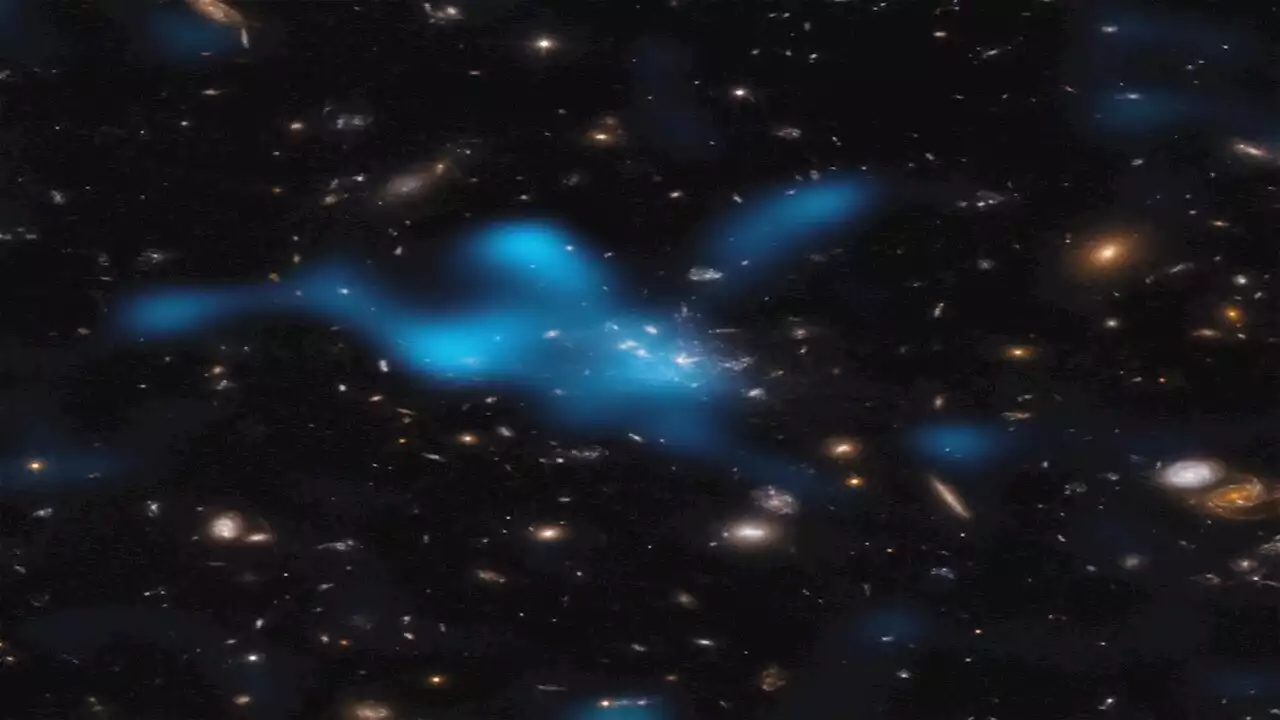 Astronomers unravel mystery of galaxy cluster formation with ALMA observatoryResearchers using the ALMA observatory unveiled a massive proto-cluster in the early universe, shedding light on the formation of galaxy clusters.
Astronomers unravel mystery of galaxy cluster formation with ALMA observatoryResearchers using the ALMA observatory unveiled a massive proto-cluster in the early universe, shedding light on the formation of galaxy clusters.
Read more »
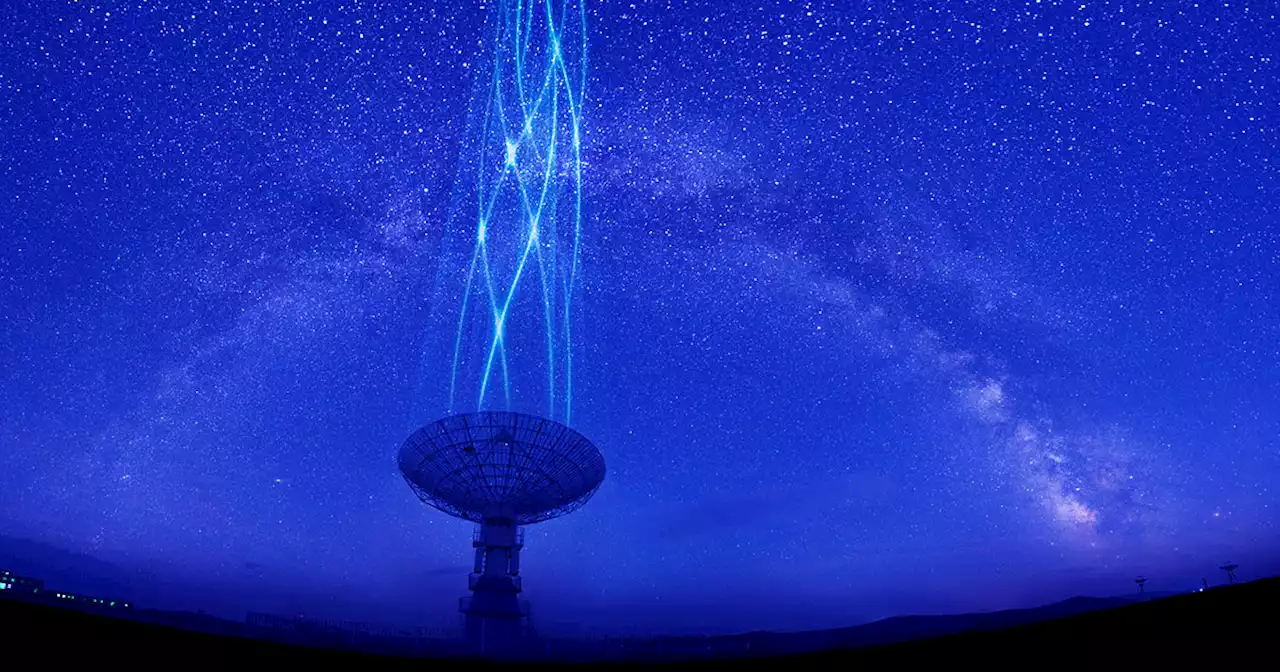 Astronomers May Have Just Found the Smoking Gun Behind Mysterious Radio SignalsA group of astronomers argues fast radio bursts may be the result of two neutron stars merging, an event that releases a huge electromagnetic charge.
Astronomers May Have Just Found the Smoking Gun Behind Mysterious Radio SignalsA group of astronomers argues fast radio bursts may be the result of two neutron stars merging, an event that releases a huge electromagnetic charge.
Read more »
 An Aspherical “Cow” – Weird Explosion the Size of Our Solar System Baffles AstronomersAstronomers have observed an explosion 180 million light-years away that challenges our current understanding of cosmic explosions, exhibiting a significantly flatter appearance than previously thought possible. Astronomers have observed an explosion 180 million light years away which challenge
An Aspherical “Cow” – Weird Explosion the Size of Our Solar System Baffles AstronomersAstronomers have observed an explosion 180 million light-years away that challenges our current understanding of cosmic explosions, exhibiting a significantly flatter appearance than previously thought possible. Astronomers have observed an explosion 180 million light years away which challenge
Read more »
